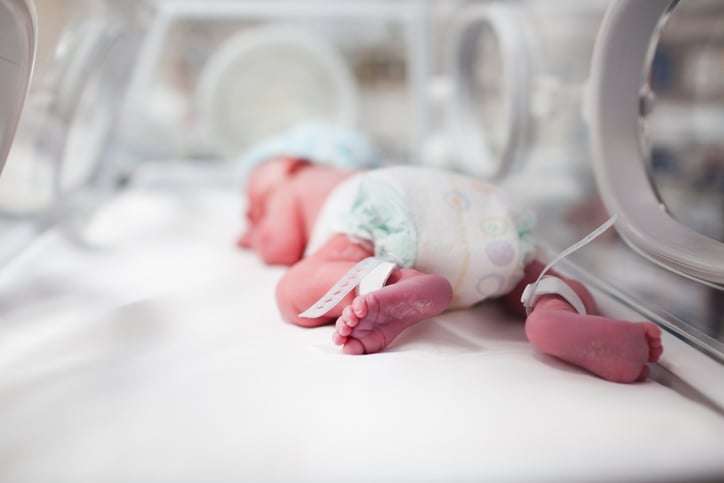In what Ceribell is hailing as a first of its kind, the company received a 510(k) clearance from the FDA for its Clarity algorithm in detecting electrographic seizures in preterm infants as well as in adults.
The agency’s nod enables the first artificial-intelligence-powered electroencephalography technology that can detect electrographic seizures across all ages, the company said in a Nov. 24 press release. Ceribell said it previously picked up an FDA clearance for a special newborn-sized version of its sensor-laden head cap.
The new addition to the platform is expected to meet a critical aspect of neonatal care, with the company citing research finding about 9% of newborns in neonatal intensive care units may be diagnosed with seizures, but as many as 90% of cases may pass by undetected, with no physical symptoms.
Related
“Seizures are the most common neurological emergency in newborns, and protecting these fragile brains is essential to their long-term development and well-being,” Ceribell co-founder and CEO Jane Chao, Ph.D., said in a statement. “Every newborn deserves timely and accessible seizure detection, without the delays and transfers that too often put outcomes at risk.”

Although seizures are typically associated with epilepsy, they can also result from traumatic brain injuries, stroke, tumors, cardiac arrest and sepsis as well as during a patient’s recovery from surgery, and potentially without any of the expected convulsions.
Ceribell—a former Fierce Medtech Fierce 15 winner that raised $180.3 million during its October 2024 IPO—has said seizures may affect up to one-third of critical care patients hospitalized for a neurological condition, which can raise the risks of permanent brain injury and long-term neurological disability.
The company’s point-of-care EEG system first received a 510(k) clearance in 2017 for identifying suspected seizure activity.
